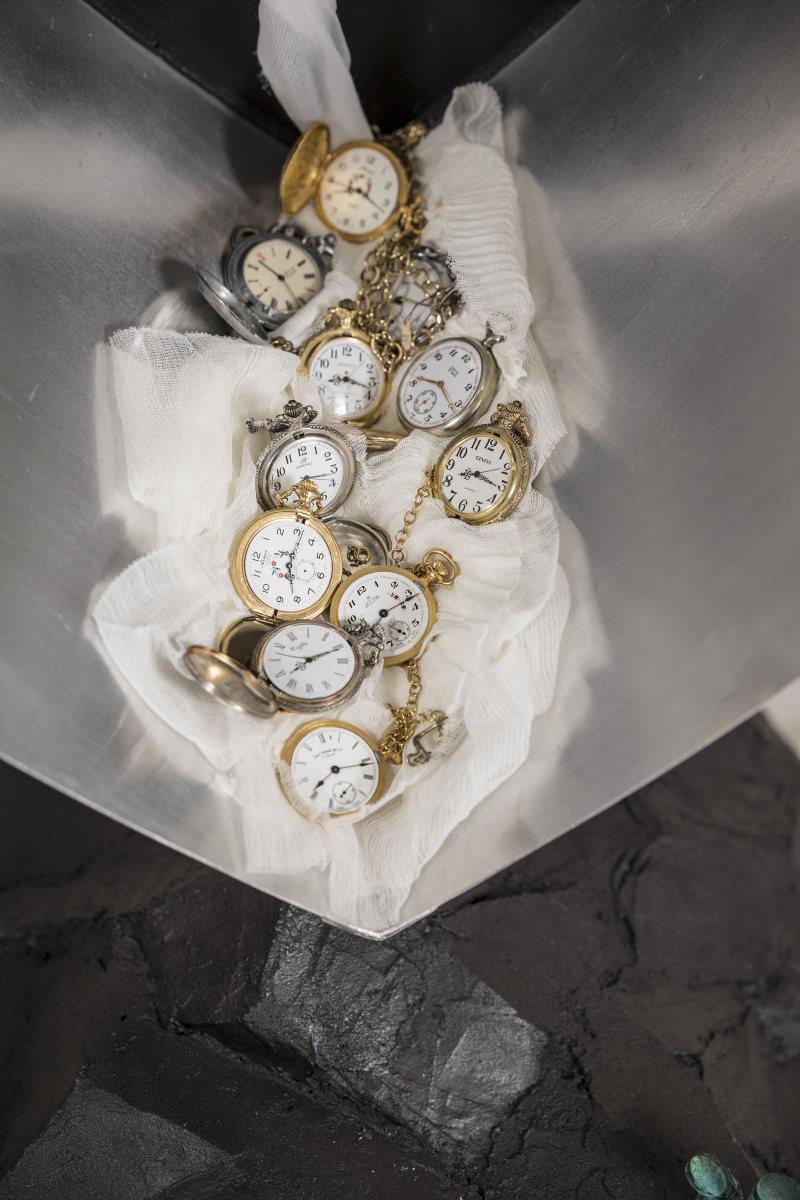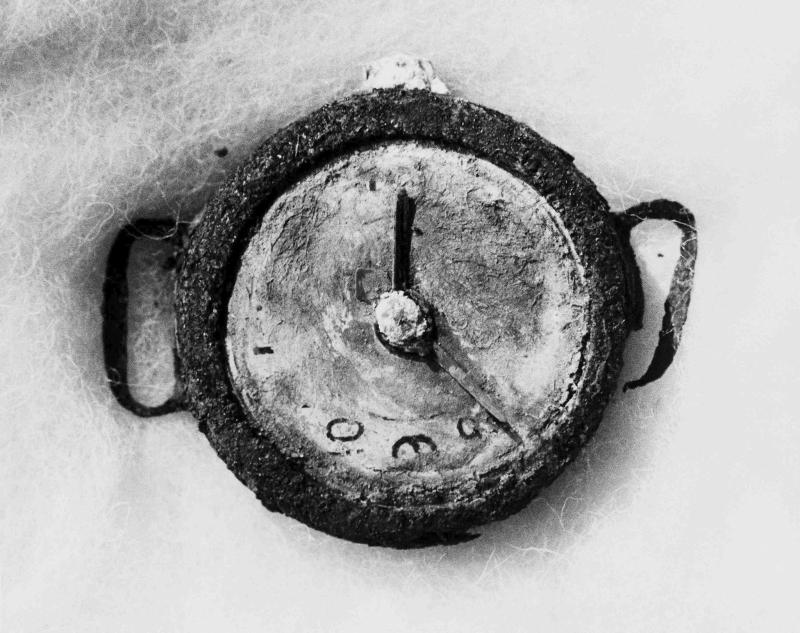On August 6, 1945, at precisely 08:16 local time, the world witnessed an unprecedented event in human history. The city of Hiroshima, Japan, experienced the devastating force of an atomic bomb, code-named “Little Boy.” The bomb was dropped by the United States, marking the first use of nuclear weapons in warfare, forever changing the course of global conflict.

The bomb detonated approximately 600 meters above the city, unleashing an unprecedented level of destruction and ushering in the Atomic Age. The explosion generated a blinding flash of light and a fireball with a temperature of millions of degrees, instantly vaporizing thousands of lives and turning the city into a wasteland.
The effects of the bomb, however, were far more catastrophic than initially anticipated. Within seconds of detonation, temperatures at ground zero rose to 300,000 degrees Fahrenheit, incinerating everything within a one-mile radius. The resulting firestorm and shockwaves decimated 90% of the city, instantly killing an estimated 70,000 to 80,000 people.
The impact of the bombing on Hiroshima and its inhabitants was not only immediate but also long-lasting. The survivors, known as Hibakusha, faced severe health issues, including radiation sickness, burns, and an increased risk of cancer. The social stigma and psychological trauma they endured have been passed down through generations, serving as a constant reminder of the horrors of nuclear warfare.
